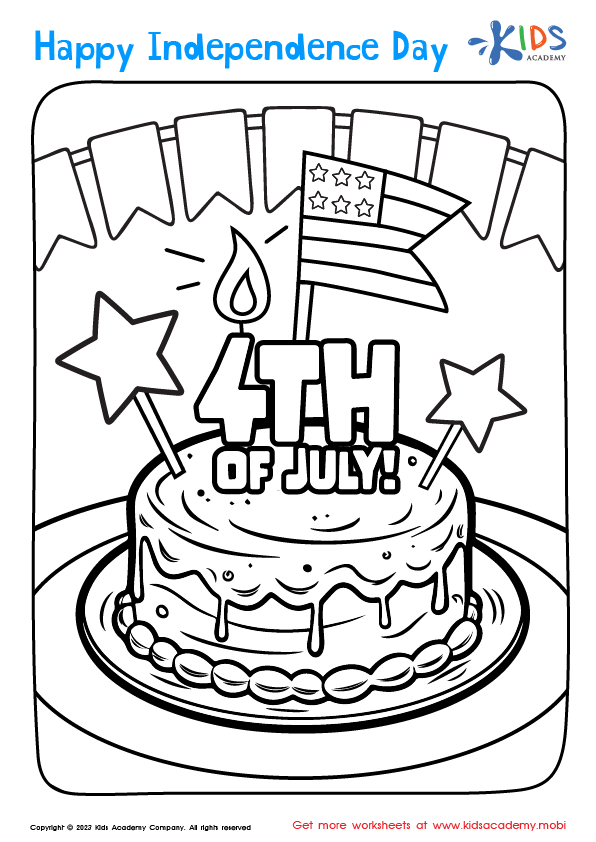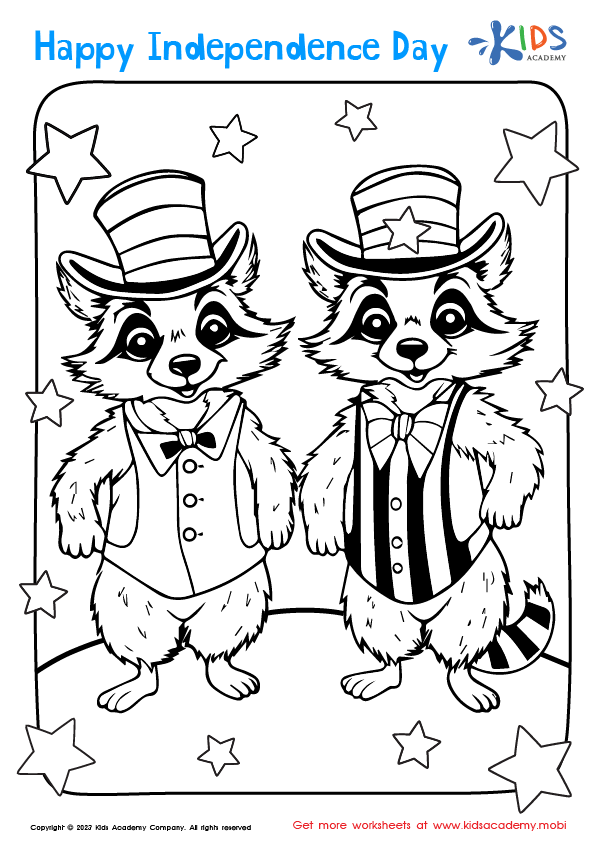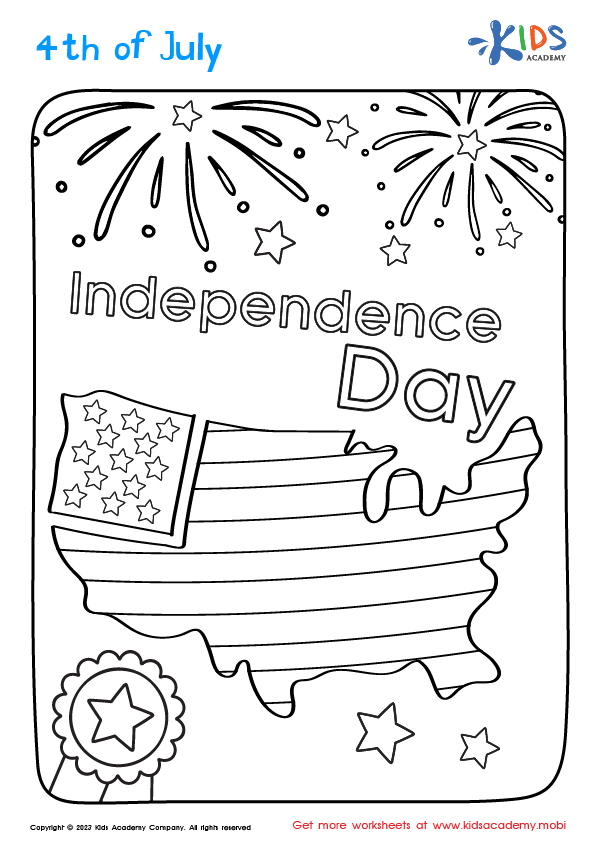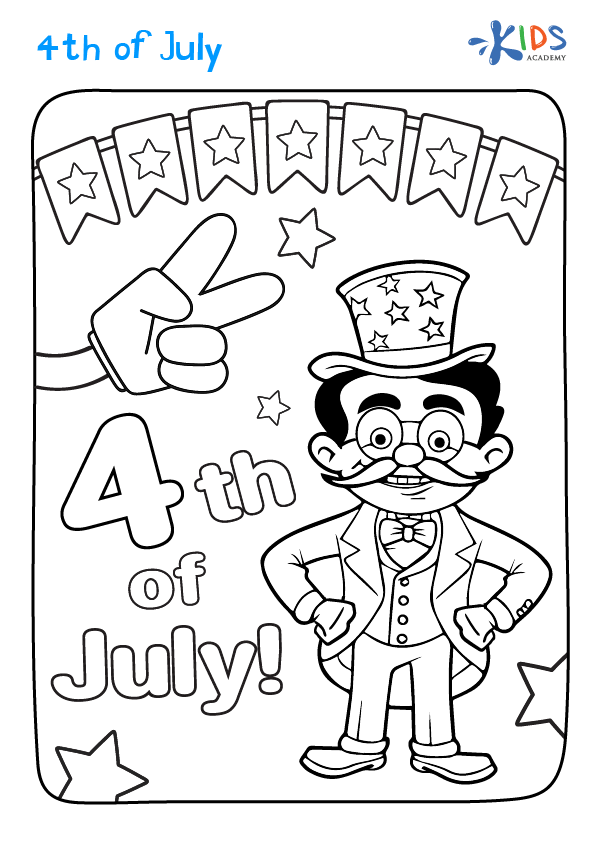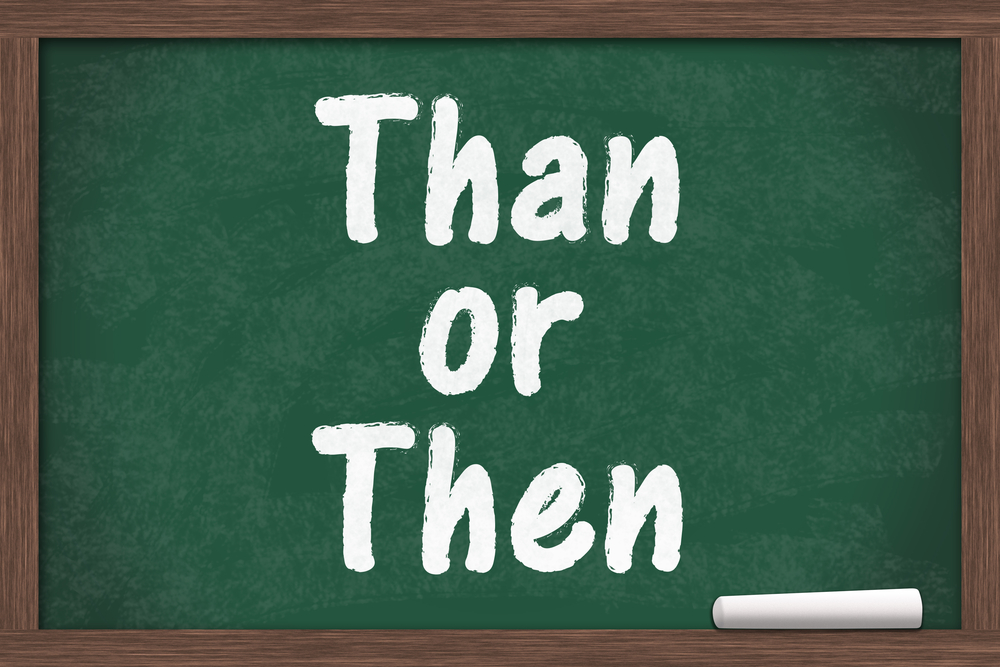Historical Knowledge Worksheets for Ages 5-9 - Page 2
38 filtered results
-
From - To
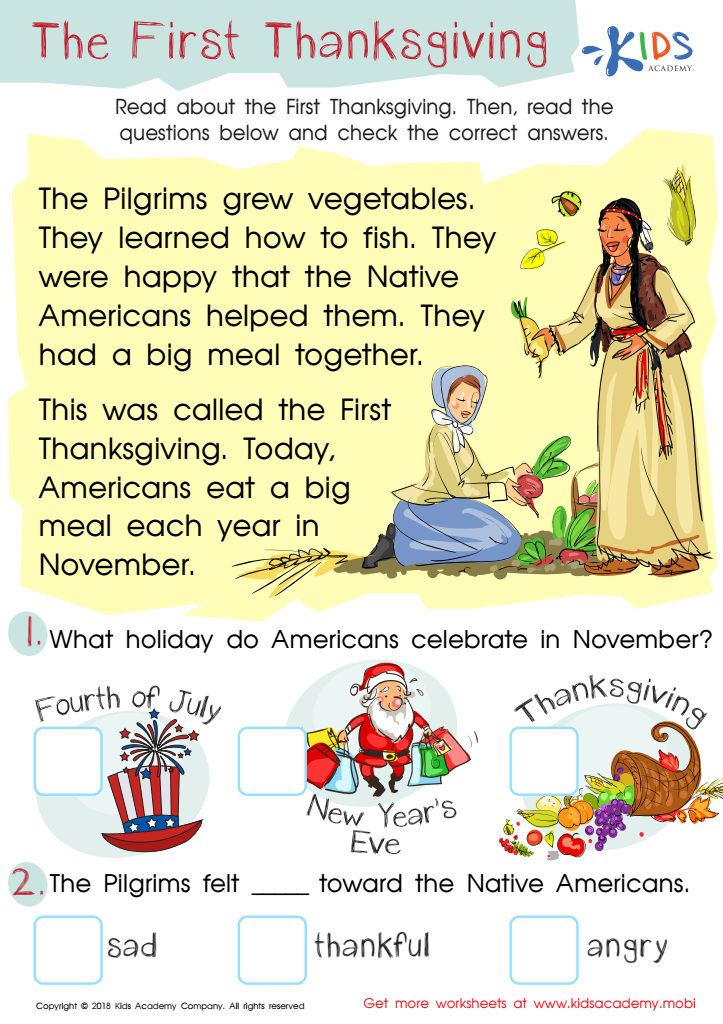

Assessment: First Thanksgiving Worksheet
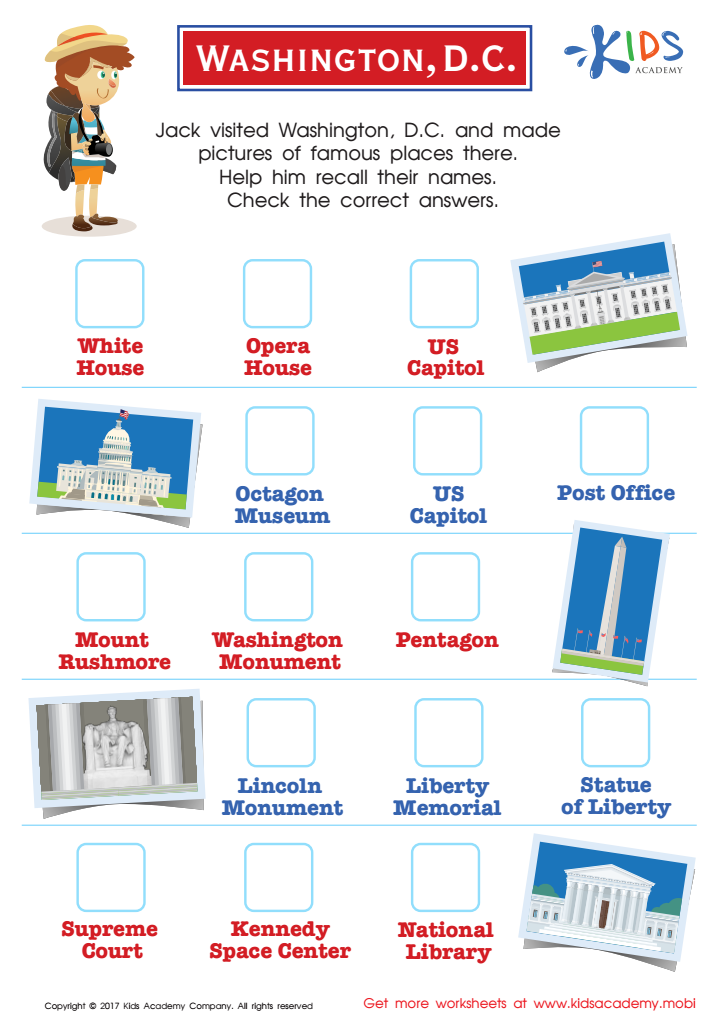

Washington D.C. Printable Worksheet
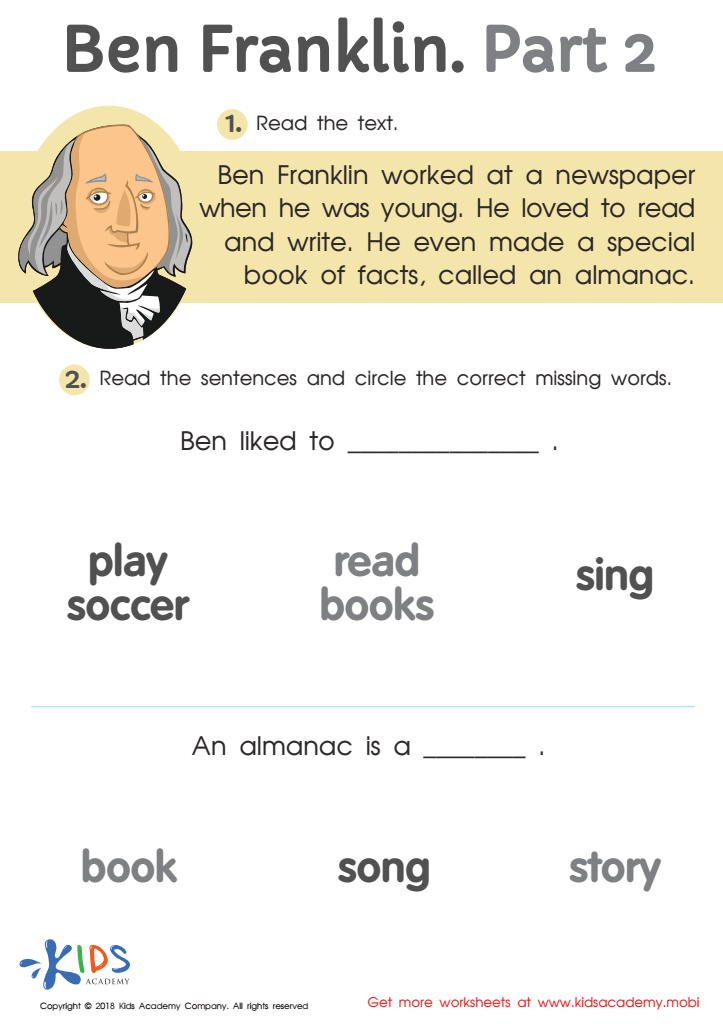

Ben Franklin Part 2 Worksheet
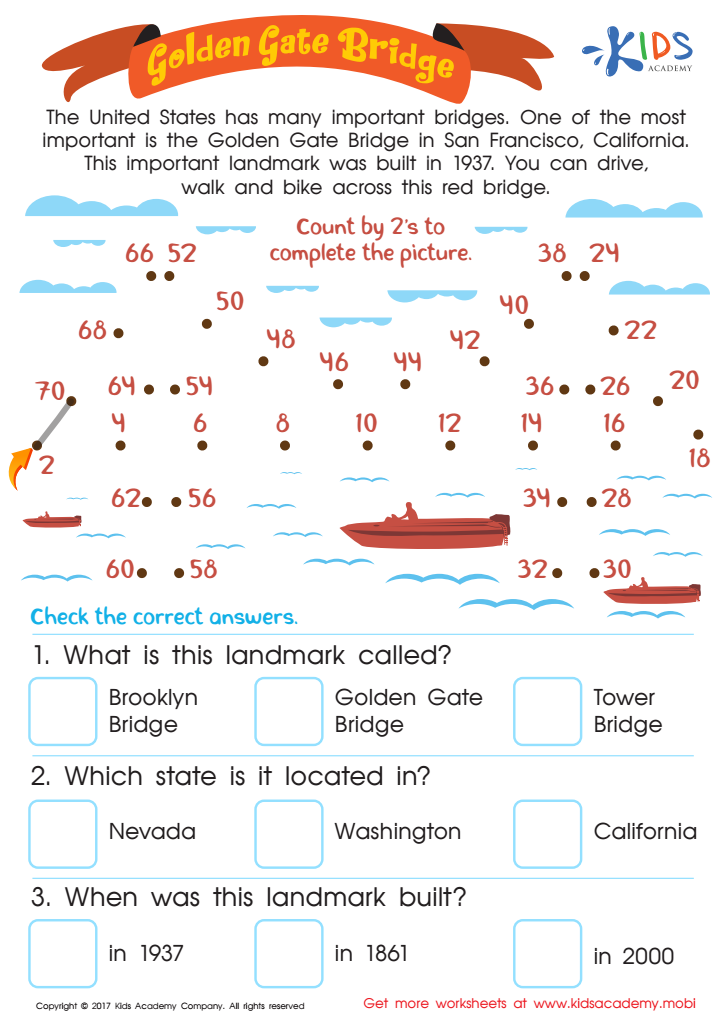

Golden Gate Bridge Worksheet
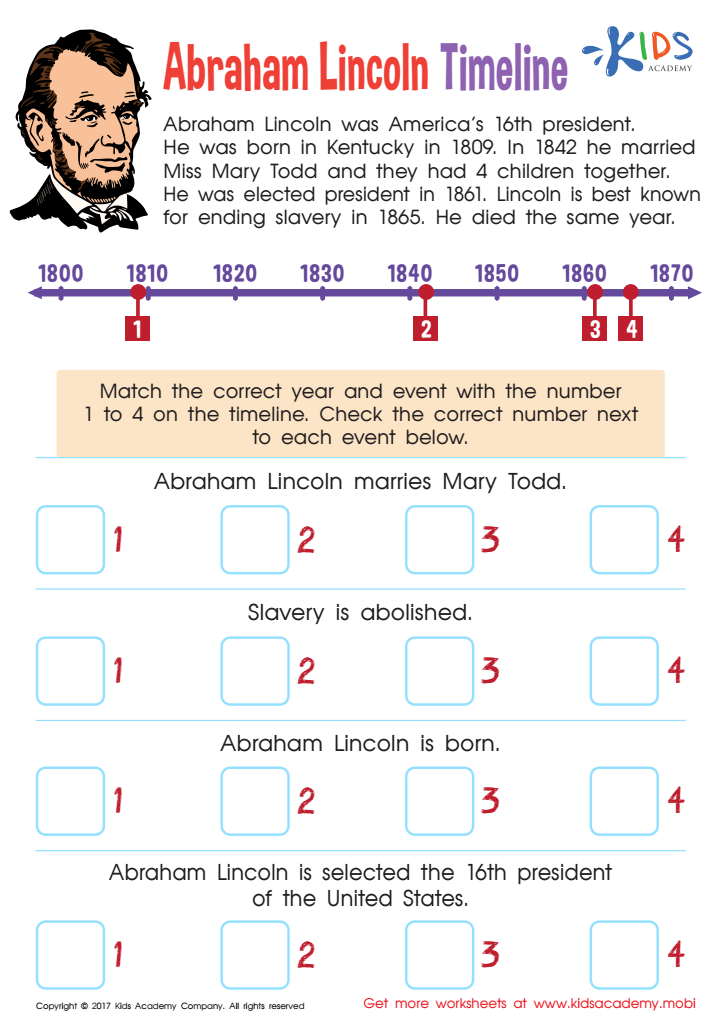

Abraham Lincoln Timeline Worksheet
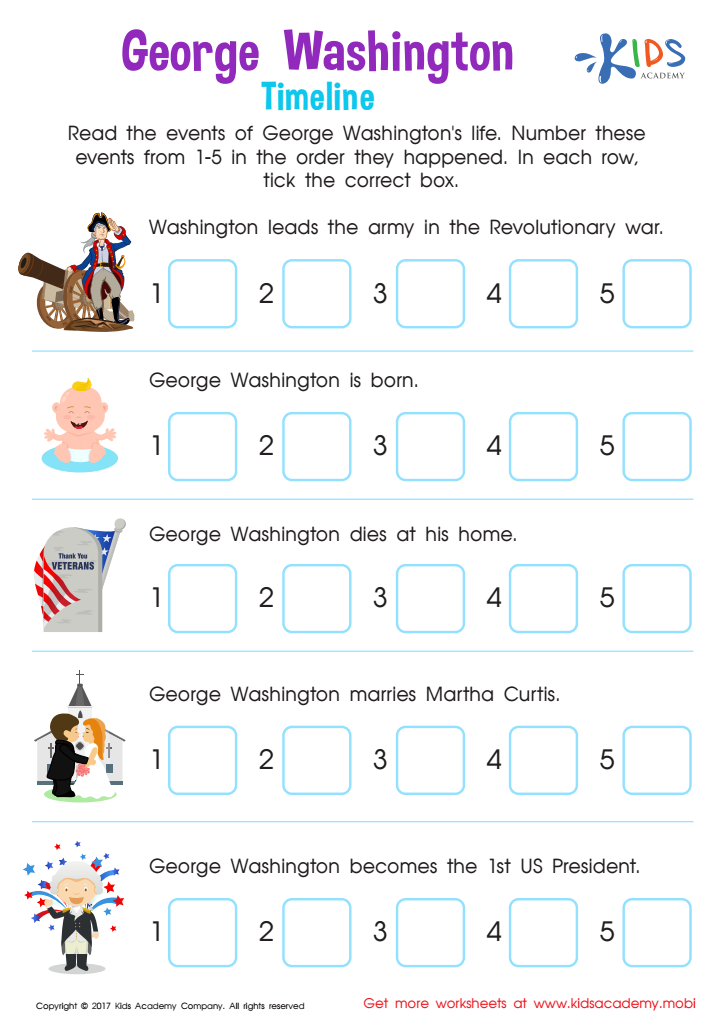

George Washington Timeline Worksheet
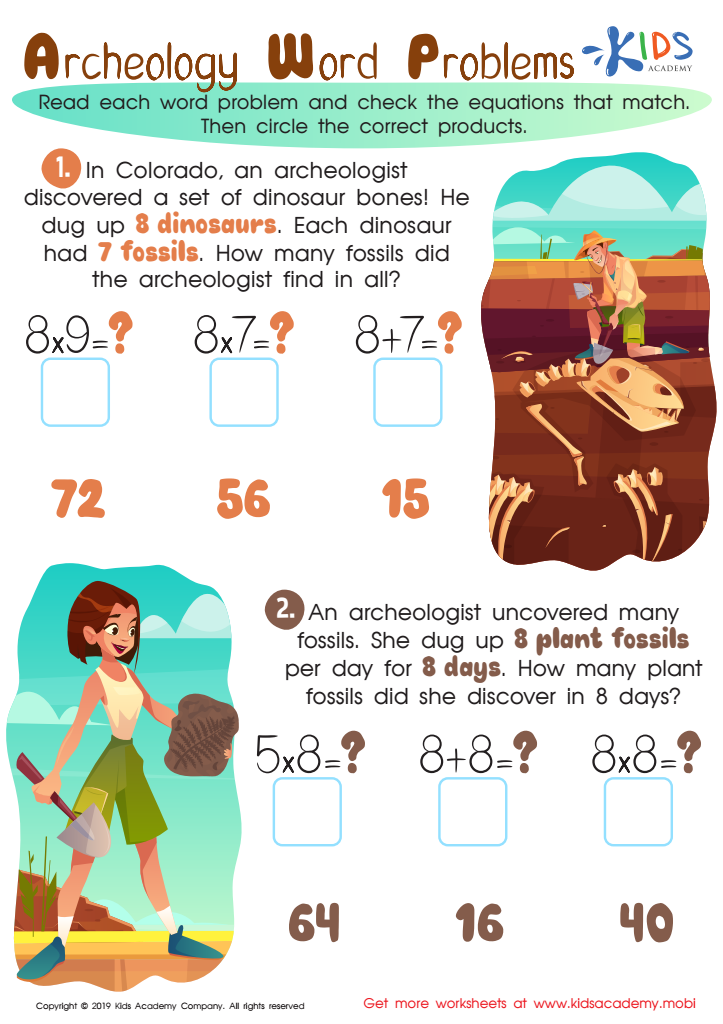

Archeology Word Problems Worksheet


Gandhi Worksheet
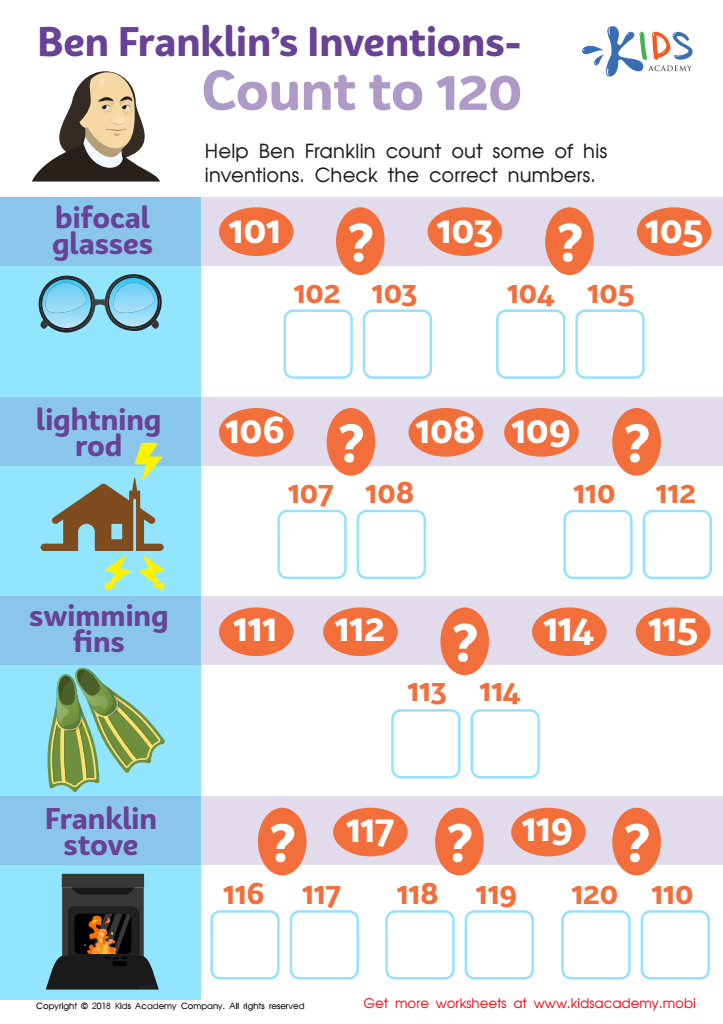

Ben Franklin’s Inventions – Count to 120 Worksheet
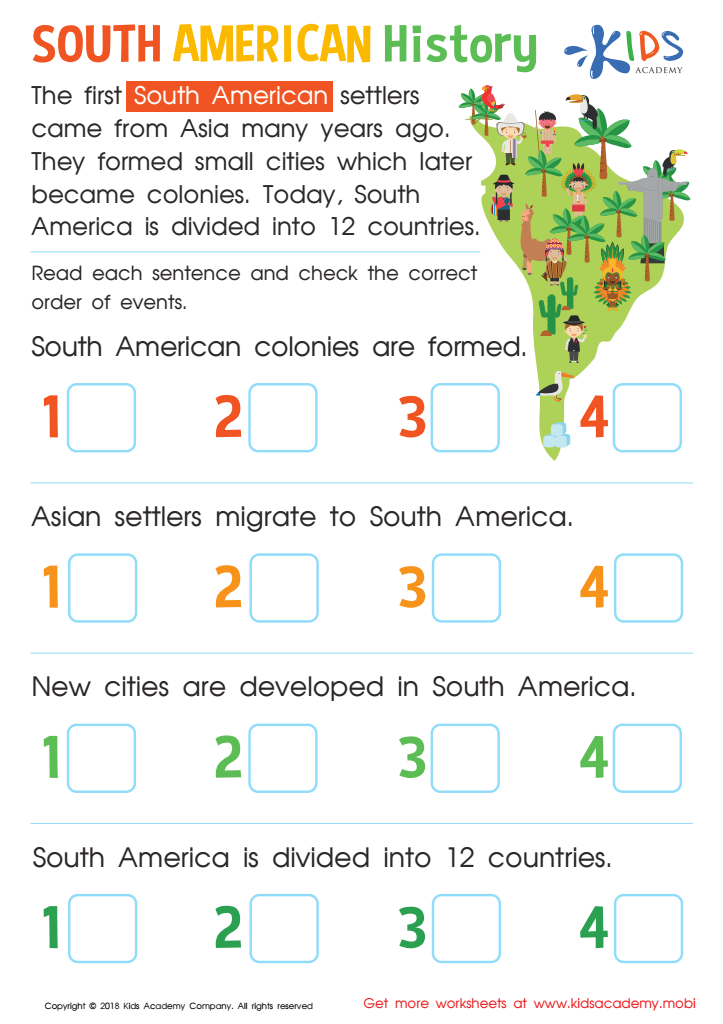

South American History Worksheet
Understanding historical knowledge is crucial for children aged 5-9 because it lays the foundation for critical thinking, empathy, and cultural awareness. At this formative stage, children begin to construct their understanding of the world. Introducing them to history cultivates curiosity about different cultures, events, and people, fostering an appreciation for diversity.
Historical knowledge also equips young learners with a sense of identity and belonging. By learning about their own heritage and the accomplishments of their ancestors, children can develop self-esteem and a strong connection to their communities. This awareness extends to understanding global perspectives, helping them to empathize with others and recognize common human experiences across time.
Moreover, learning history encourages cognitive skills such as chronological thinking and cause-and-effect reasoning. These skills are essential for academic success and informed citizenship. By engaging with past events, children can better grasp the complexities of present-day issues, fostering informed decision-making as they grow.
Finally, teaching history can promote a love for storytelling, as children relate to the narratives of figures from the past. Ultimately, instilling historical knowledge from an early age empowers children to understand and shape their world responsibly, ensuring they thrive as compassionate, knowledgeable adults.
 Assign to My Students
Assign to My Students

